Nic Smit, Head of Product and Pricing at FMI (a Division of Bidvest Life Ltd)
While many people today earn their income from a single source, it is becoming increasingly common for people to earn additional income through a second occupation – commonly referred to as a side hustle.
These individuals are typically full-time employees working in their primary occupation from 8 to 5 during the week and they use the weekend or evenings to work on their side hustle. Their side hustle may be in a field related to their full-time job, but it is often in a completely different field that they are more interested in or one that they would ultimately like to work in full time.
But what happens when clients who perform side hustles want to protect that additional income from the risk of injury or illness? Insurers have typically designed their income protection offerings around the assumption that your income comes from a single source. Where you earn two income streams, and especially if you perform a different occupation in your second income stream, insurers will often struggle to provide cover for 100% of income.
Why is this? Insurers are generally concerned about the consistency of the income a person earns from a side hustle, as well as how likely they are to continue performing that work.
It is difficult to assess traditional income protection claims if the life insured is not working at claim stage. After searching #sidehustle on Twitter or Instagram, you might be tempted to conclude that a lot of the noise around side hustles is more about portraying a particular kind of lifestyle.
However, many South Africans today desperately need the additional income that a side hustle brings them. Without that additional income, they would not be able to meet their total monthly expenses. At FMI, we believe that everyone should be able to protect 100% of their income. This means that we need to be able to provide cover to protect the income earned from a side hustle. To achieve this, we have designed clear rules that we use to determine how significant and consistent the work is, and we have different solutions that allow your clients to protect that income even where it is inconsistent.
Let’s consider an example. Bongani is employed full- time as a Sales Manager. However, his real passion is carpentry. For the past two years, Bongani works for around 8 hours a week, in his spare time, building custom furniture for customers that he markets to on Instagram. A quarter of Bongani’s total income comes from this work.
Typically, an insurer would be willing to cover the income he earns as a Sales Manager but would not be able to cover the income he earns from carpentry. This means that Bongani is not able to cover 100% of his income and if he was to become disabled, he would see a reduction in his total income.
With FMI, Bongani can take out two policies – a Comprehensive policy to cover his salary from working as a Sales Manager, and an Event Based policy to cover his income earned from carpentry. Bongani has now covered 100% of his income. Also, by structuring his cover across two policies, Bongani is able to cover each income stream with the best cover and at the best price (as opposed to covering all of his income on one policy, where the insurer would typically price the entire policy on the highest risk occupation). Lastly, if Bongani’s carpentry business takes off to the extent that he can leave his job as a Sales Manager and work as a carpenter full-time, his Event Based policy can upgrade to a Comprehensive policy to ensure that the cover he has always remains appropriate.

MAKE YOUR IMPACT.
PROTECT THEIR
INCOME FIRST.
FSP 47801



